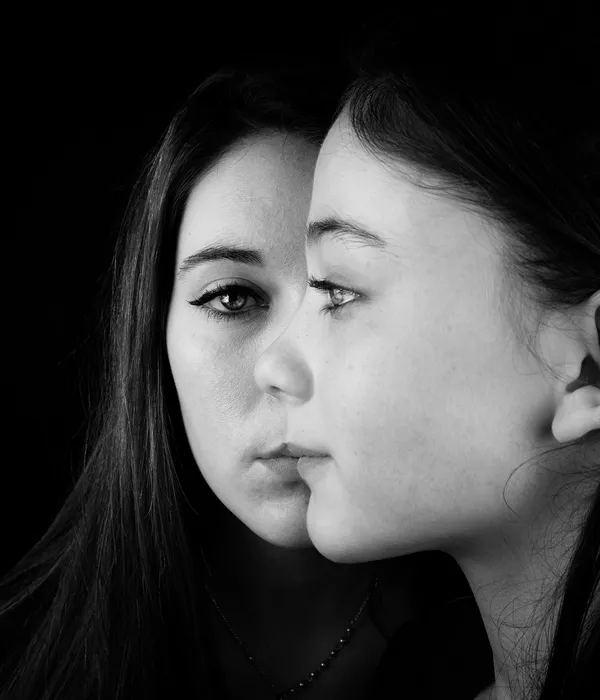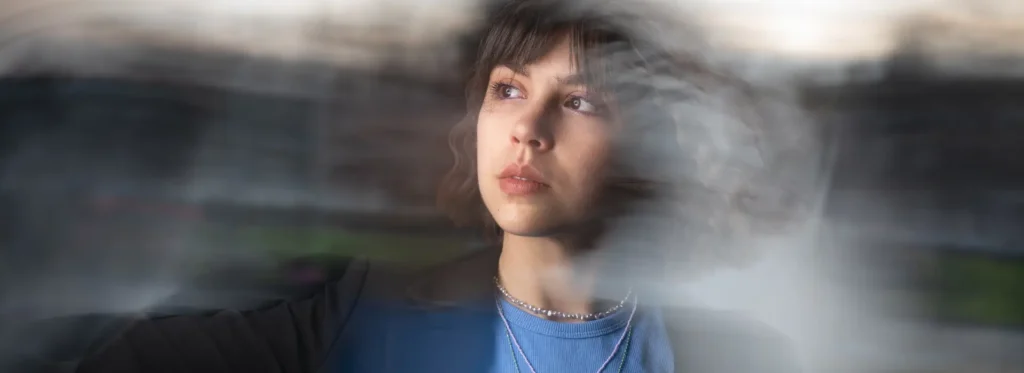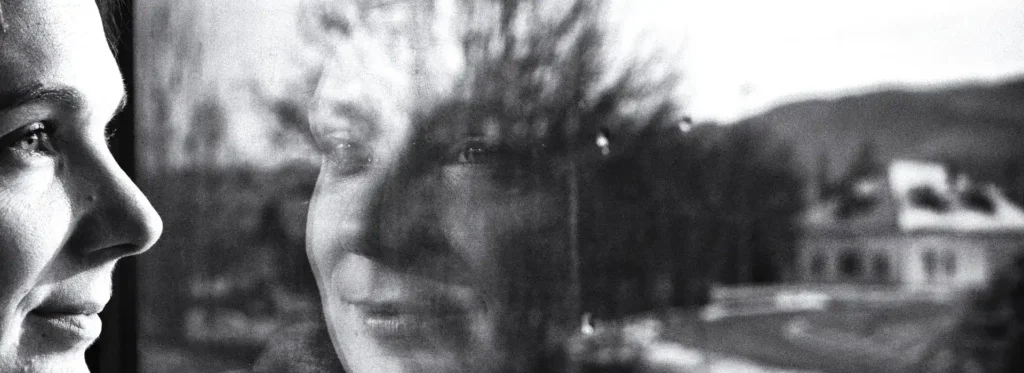Hallucinogen Addiction Treatment Los Angeles
Understanding Hallucinogen Addiction
It often starts small; just one experience, one trip. And suddenly, it becomes hard to stop. Hallucinogens alter perception and disrupt emotional stability in ways that linger. Hallucinogen addiction treatment in Los Angeles offers compassionate care for those feeling lost, helping guide individuals from confusion to clarity.

What Are Hallucinogens and How Do They Affect You?
Hallucinogens are a diverse group of drugs, including classic hallucinogens like LSD and dissociative drugs. These substances have a profound impact on perception, mood, and behavior. It doesn’t matter whether they’re natural, like mushrooms, or lab-made. Hallucinogens disrupt the brain’s serotonin pathways, leading to hallucination, disorientation, and unpredictable emotional shifts.
While some users seek spiritual or therapeutic experiences, these drugs can also trigger extreme anxiety, panic, and long-term cognitive effects. Their unpredictability makes them especially risky, especially in unsupervised settings or for individuals with underlying mental health concerns.
Types of Hallucinogens and Their Effects
LSD can produce extended hallucinogenic effects such as vivid hallucinations, mood swings, and perceptual distortions. Mescaline, found in peyote, offers similar effects, often tied to spiritual experiences. These effects of hallucinogens can vary, but trips are unpredictable and may reveal withdrawal symptoms like anxiety afterwards.
PCP is a dissociative drug that detaches you from reality. It may cause numbness, aggression, or psychosis. Other dissociatives like ketamine and DXM carry serious risks of memory impairment and mental disorientation. These drugs often produce violent or erratic behavior and are associated with higher emergency room visits. Long-term use has also been linked to speech difficulties and cognitive decline.
Psilocybin in magic mushrooms affects mood and perception for hours, but it can also produce lasting paranoia or flashbacks. In some cases, users experience “bad trips” that leave emotional scars long after the drug has worn off. Repeated mushroom use, especially without guidance, can reinforce unhealthy mental patterns or worsen pre-existing mood disorders.
DMT triggers short, intense visions while salvia’s effects are brief but unpredictable. Synthetic variants like 25I-NBOMe and 2C-B raise risk profiles due to inconsistent potency and unknown side effects. Because of their strength and variability, synthetic hallucinogens can lead to hospitalization even after a single use. These drugs are particularly dangerous when combined with other substances.
Risks and Symptoms of Hallucinogen Abuse
Physical Effects on the Body
Hallucinogen abuse may lead to tremors, sweating, elevated heart rate, nausea, dehydration, and impaired coordination, creating medical emergencies. Overdosing may not always be fatal, but it can cause seizures, coma, or lasting physical damage. Users often underestimate these risks due to the drug’s reputation for being “non-addictive.”


Mental and Emotional Impact
Psychological consequences include paranoia, emotional instability, and flashbacks. Persistent hallucination can surface even when sober. Some users develop hallucinogen persisting perception disorder (HPPD), which causes visual disturbances long after drug use has ended. This condition can be extremely distressing and interfere with daily functioning.
Long-Term Brain Changes
Chronic use may result in memory and concentration problems, alongside ongoing perceptual disturbances. These mental health issues affect work, relationships, and daily life. Some report difficulty reconnecting with reality, experiencing depersonalization or derealization that lasts for weeks or months. These effects are often underrecognized but deeply disruptive.


Signs of Psychological Dependence
Even without withdrawal like other substances, hallucinogens are addictive psychologically. Becoming obsessive and neglecting responsibilities shows that substance abuse treatment is necessary. This kind of dependency requires just as much clinical attention as physical addiction.
Hallucinogen Addiction Treatment in Los Angeles
LA provides a range of empathetic and comprehensive treatment choices that can guide you toward long-term recovery and a brighter future. These services offer clinical care and emotional safety.
The hallucinogen detox process addresses anxiety, insomnia, and disorientation under medical supervision. This detox phase lays a stable foundation for both inpatient treatment and outpatient programs. Even though physical withdrawal symptoms may be mild, psychological symptoms can be intense, requiring a calm and supportive environment.
Inpatient treatment or residential treatment provides 24/7 support and structure, while outpatient treatment offers flexibility for those who need to balance life commitments. Both can be part of a holistic and integrated treatment program. A thorough evaluation can help determine the right level of care, ensuring safety and progress through each recovery milestone.
Cognitive-behavioral therapy helps identify harmful patterns and develop coping strategies—making recovery more effective and resilient. CBT also builds self-awareness and emotional regulation, helping individuals replace destructive habits with healthier responses.
Because many people in treatment have coexisting mental health conditions, mental health treatment is woven into recovery programs. As a critical aspect of dual diagnosis care, this approach can reduce relapse and promote solid outcomes. Conditions like depression, OCD, or anxiety are often masked by drug use, making integrated treatment essential for long-term success.
Addressing Co-Occurring Disorders in Addiction
Co-occurring conditions, such as anxiety, depression, PTSD, or bipolar disorder, frequently complicate recovery. It’s vital to address both substance use and mental health together. Failing to treat these overlapping conditions can lead to relapse, frustration, or incomplete healing.
Our treatment center in Los Angeles focuses on comprehensive support so that both areas are addressed concurrently. With psychiatric oversight, therapy, medication-assisted treatment, and ongoing support, the recovery process stabilizes as both addiction and emotional health are treated in tandem.

Holistic Therapies for Long-Term Recovery
Healing means nurturing every part of yourself: mind, body, and spirit. Holistic treatments aim to support this full recovery. These therapies complement traditional methods and help build resilience and self-compassion throughout the journey.
Yoga, Mindfulness, and Meditation
These practices foster resilience, emotional balance, and stress relief. These are all important tools for those experiencing the aftereffects of psychedelic drug use. They can also help manage trauma responses and reduce anxiety symptoms that often accompany recovery.
Nutrition and Physical Health Support
By enhancing overall health, these programs support the recovery process, empowering individuals to feel stronger physically and mentally. Balanced nutrition, fitness, and restorative sleep routines can dramatically improve mood and cognitive function.
Art and Music Therapy
Creative expression promotes healing for those who struggle to articulate complex emotions. These therapies contribute to a personalized treatment experience that extends beyond talk therapy. They offer an outlet for processing trauma and rebuilding identity outside of drug use.
Building a Personalized Recovery Plan
Every story is unique, and so is every treatment plan. Personalized treatment rooted in compassion offers the best chance for healing and long‑term recovery.
Programs evaluate physical health, substance use history, mental health, and personal goals. This thorough approach ensures a recovery plan that truly reflects your needs. These assessments help clinicians design safer, more effective care strategies that evolve.
From CBT and DBT to EMDR and family counseling, treatment is selected based on your goals. This might include behavioral therapy, relapse prevention tools, and social skills training. Life skills coaching also helps you manage real-world challenges, like employment, relationships, and housing stability.
As you progress, the treatment program evolves. Entering new phases with changing challenges and enabling every step of the recovery to be met with the right care. Whether stepping down from residential care or increasing outpatient support, treatment is always adjusted to match your pace.
Alumni networks, continuing counseling, and community linkages help provide a safe support system during the first critical months of recovery. This long-term network helps prevent isolation and strengthens relapse prevention strategies.

Start Your Recovery with Lost Angels
If hallucinogen or psychedelic use is disrupting your life, help is available. At Lost Angels, we offer compassionate, evidence-based hallucinogen addiction treatment in Los Angeles.
Our programs integrate medical care, holistic therapies, and mental health support to promote healing on every level. From detox and inpatient care to flexible outpatient options, Lost Angels creates a safe, judgment-free environment for recovery to take root.
Take the first step toward stability and renewal. Reach out to Lost Angels today. Your recovery starts here.
Related Treatments
Frequently Asked Questions
What are the different types of treatment programs available for addiction in Los Angeles?
LA offers inpatient treatment, outpatient programs, detox and rehab programs, residential treatment, and partial hospitalization, all designed to fit different life and recovery needs.
How does cognitive‑behavioral therapy support recovery from an addiction to hallucinogens?
CBT targets harmful beliefs and habits, helping you manage behaviors that contribute to drug use, reduce relapse risk, and develop healthier coping strategies.
Can you describe the role of inpatient versus outpatient treatment for hallucinogen addiction?
Inpatient rehab creates a structured sanctuary for healing, while outpatient treatment lets you stay close to home and responsibilities while changing habits.
What should be considered when choosing a hallucinogen addiction treatment center in Los Angeles?
Look for expert care, dual diagnosis support, options like medication-assisted treatment, holistic programs, and whether the center offers both mental health and substance treatment. Accreditation, environment, and family involvement also matter.
What is the typical duration of a treatment program for substance use disorders?
Programs can run 28–30 days for short-term care, 60–90 days for more intensive treatment, or longer. Outpatient care often continues for months to support long-term recovery.
Are there support groups or community resources in Los Angeles for individuals recovering from hallucinogen addiction?
Yes. Groups like NA, SMART Recovery, and in-house alumni programs are widely available. They help sustain recovery and offer connection through shared experience.







